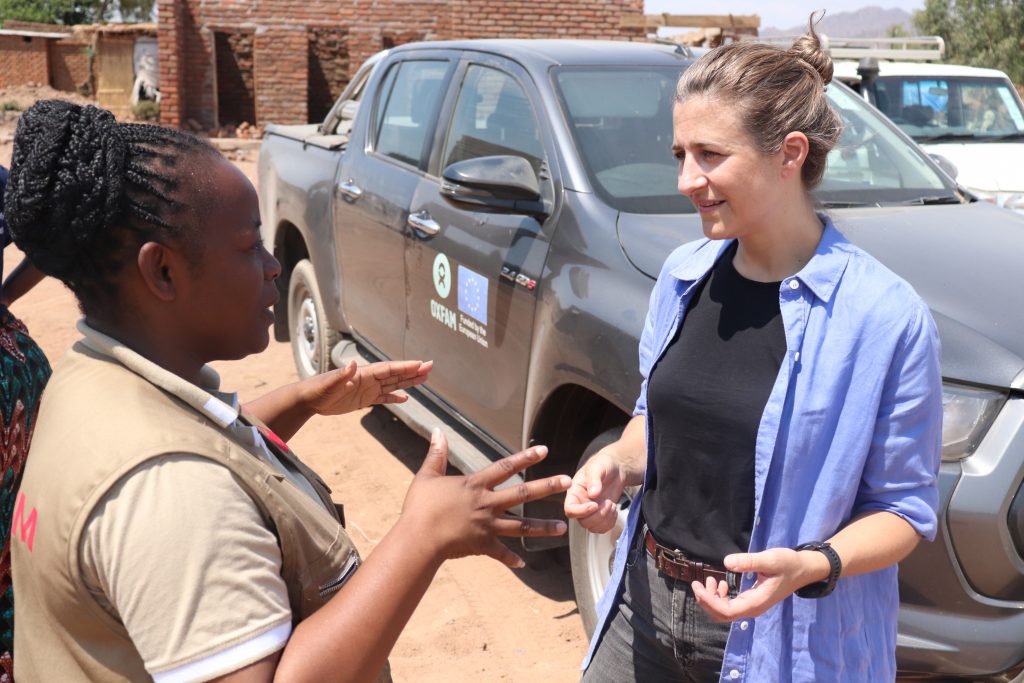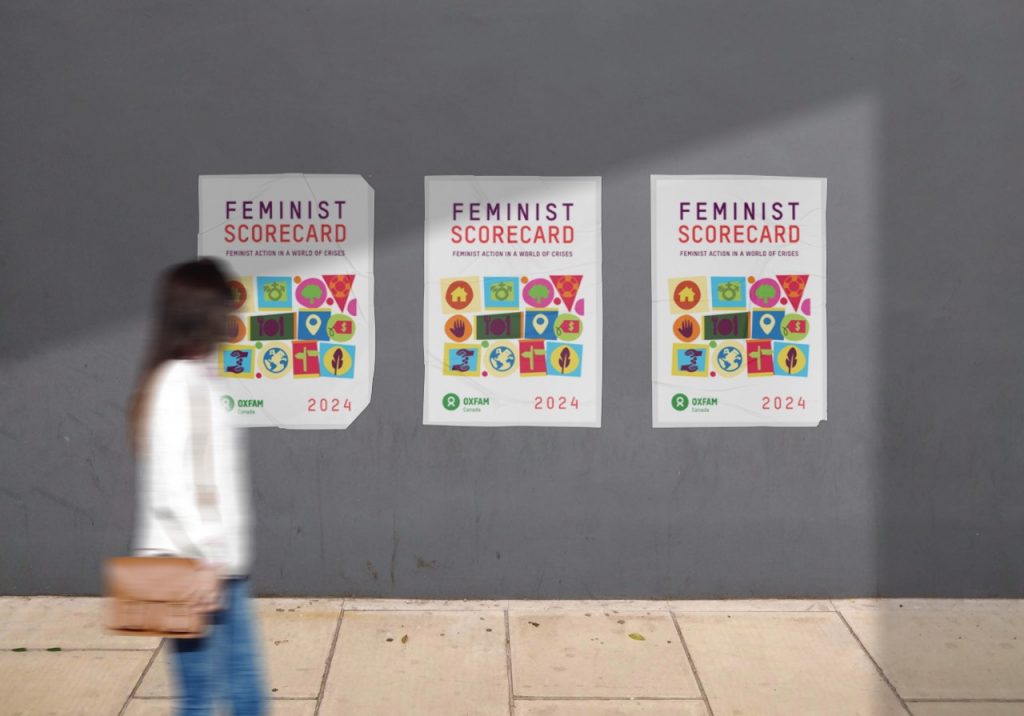How the humanitarian sector is taking action after its #MeToo moment
This year has proven to be a reckoning on women’s rights around the world and the humanitarian and development sector is no exception. In recent months shocking stories of abuse and exploitation have emerged, with NGO staff being accused of sexual misconduct.
For those of us working with people who are facing vulnerability and injustice, and who are dealing with conflict and humanitarian emergencies, there is no greater responsibility than to ensure their safety and dignity. The most vulnerable when disaster strikes are women and girls — this is true in natural disasters, war and political conflict. Our supporters, our donors and our partners are also rightly seeking answers and action, demanding that we do more and better to protect the people we work with and who work for us and regain or retain their trust.
The overwhelming majority of people who work in international humanitarian aid are motivated by the wish to reduce suffering and to build more just systems. However, there are those who are tempted by — or even seek to prey on — vulnerability, and who violate the trust they are given.
When the humanitarian aid sector’s #MeToo moment erupted on the front page of many of the world’s best-known publications, the sector took responsibility for the grave errors that were made. We also redoubled our efforts to stop sexual exploitation, abuse and harassment in every aspect of our work.
Individual organizations have committed significant new resources to increasing capacity and accountability. Together, we are collaborating to strengthen our systems for safeguarding the people with whom we work, and to scrutinize our practices to address and prevent sexual misconduct everywhere we work. Oxfam, for example, significantly increased its budget and staffing available to protect people, including for training and investigations; encouraged survivors and witnesses to come forward; and launched an Independent High-Level Commission on Sexual Misconduct, Accountability and Culture Change. The Canadian Council for International Cooperation (CCIC), an umbrella body of more than 80 Canadian international development organizations, convened a Steering Committee to Address and Prevent Sexual Misconduct in the International Development and Humanitarian Aid Sector. The committee, co-chaired by the two of us, aims to coordinate concrete, sector-wide action to prevent and combat sexual exploitation, abuse and harassment.
This week, the CCIC Leaders’ Pledge on Preventing and Addressing Sexual Misconduct was launched. The pledge represents the sector’s unwavering commitment to practices and policies that will protect and respond to staff, volunteers and the communities we serve. It reaffirms our promise to create safe and respectful workplaces, and programs that are free from gender-based violence. It states our commitment to addressing and responding to all abuses of power, holding people to account for their actions and, critically, protecting the vulnerable.
"We must get more women into humanitarian response — especially in leadership roles — and we must build local capacity to responses to humanitarian crises."
At the heart of every case of sexual exploitation is the issue of power. While power imbalances are the root of sexual abuse in any context — whether it be the entertainment industry, politics, businesses or universities — they are particularly acute in humanitarian settings. These imbalances are between the staff of humanitarian organizations and those impacted by crises, between international and local staff, and between men and women. Having strong, reliable and resourced safeguarding policies is essential. But the only way to really tackle these power imbalances is to strengthen and focus our development and humanitarian programs to make sure women’s rights and gender justice are at their core. We must get more women into humanitarian response — especially in leadership roles — and we must build local capacity to respond to humanitarian crises. We need to shift the power to the women and organizations who are doing the work on the ground.
Our work is fundamentally about standing with vulnerable populations and championing their rights. As such, we have an absolute duty to ensure our staff upholds the highest standards of personal and professional conduct at all times. Our supporters and the people we serve deserve — and should expect — nothing less. This sector’s #MeToo moment is not one that we can squander. We must come out transformed.
By Julie Delahanty, Executive Director, Oxfam Canada and Martin Settle, Executive Director, USC Canada
First published on Open Canada on September 21, 2018.

